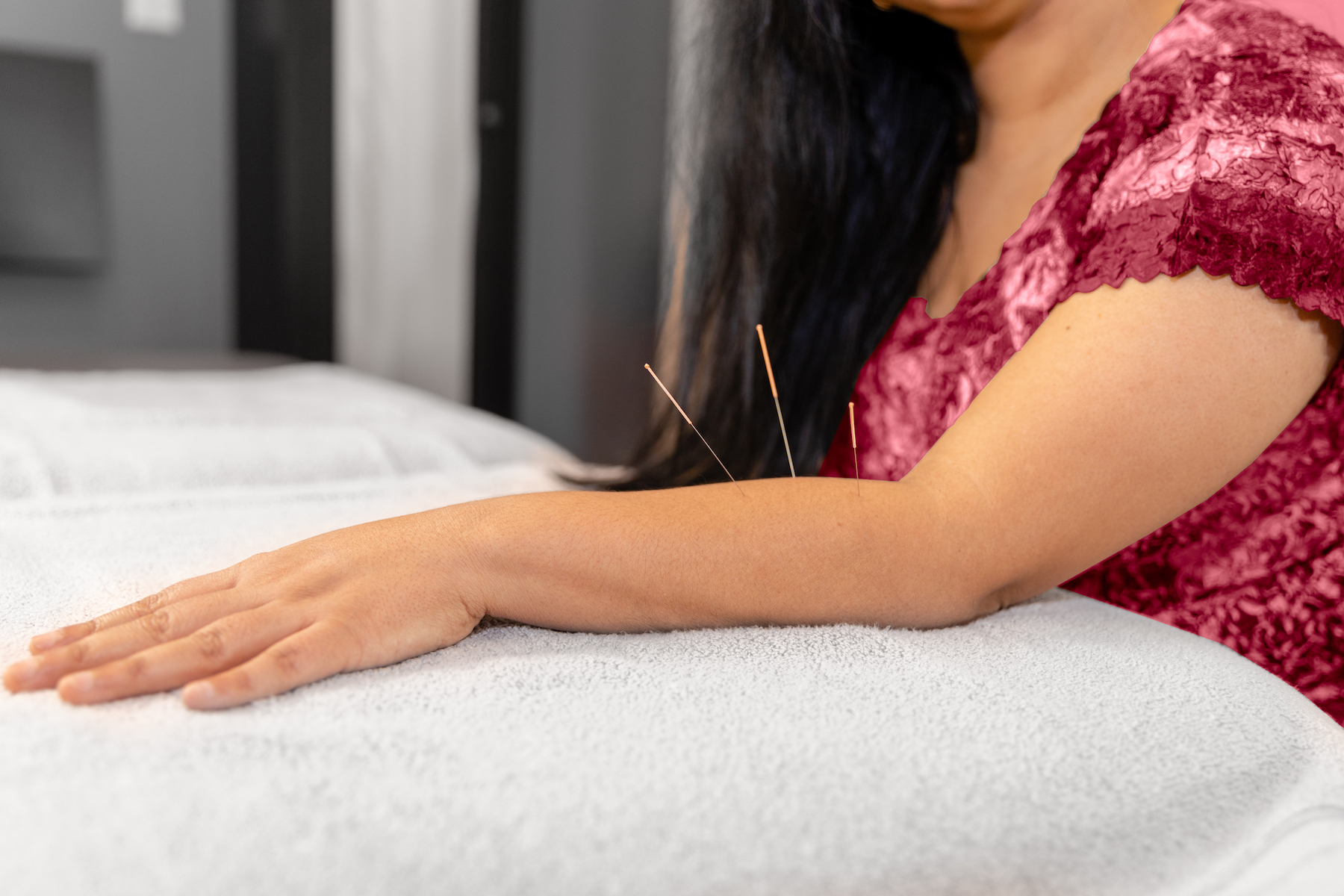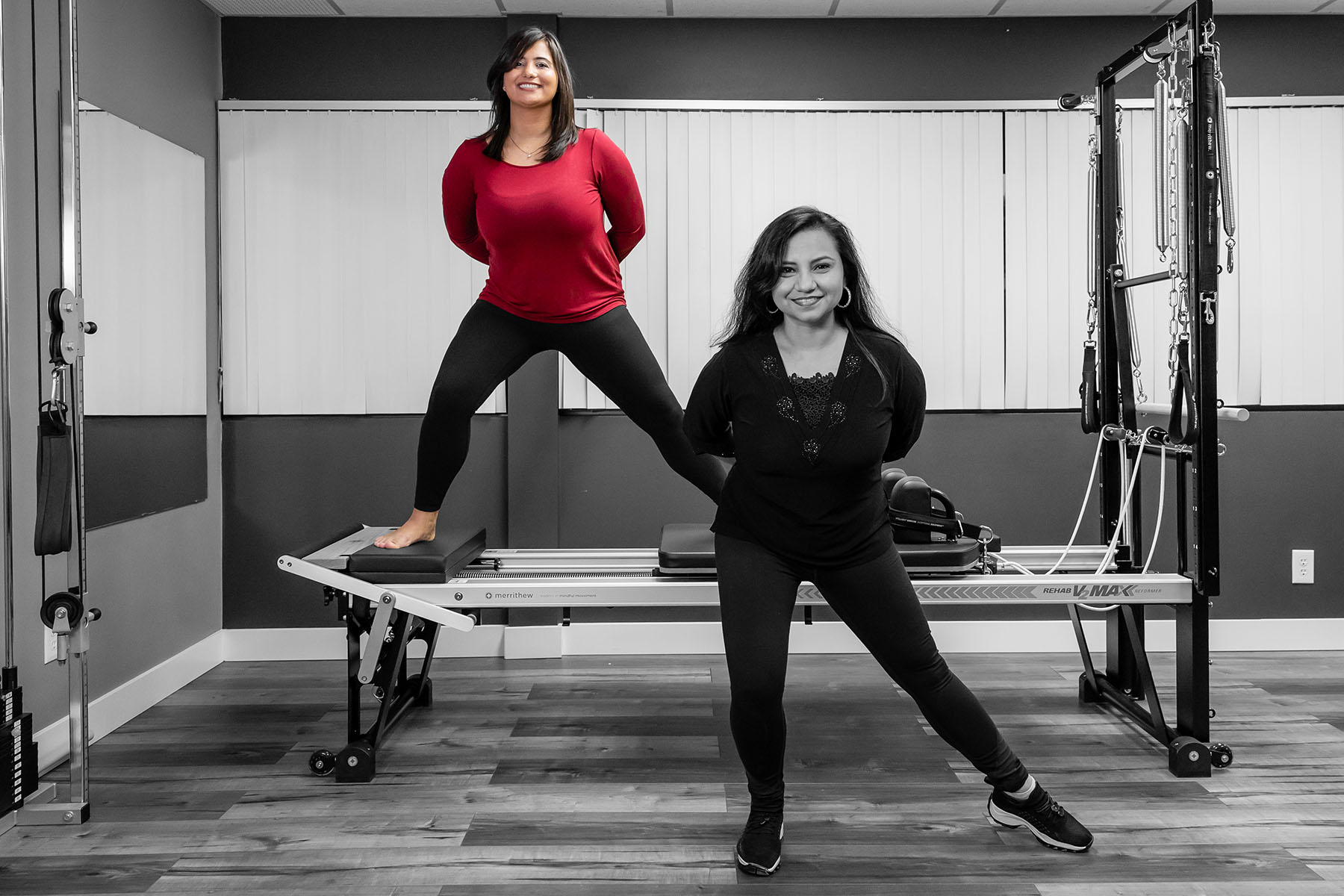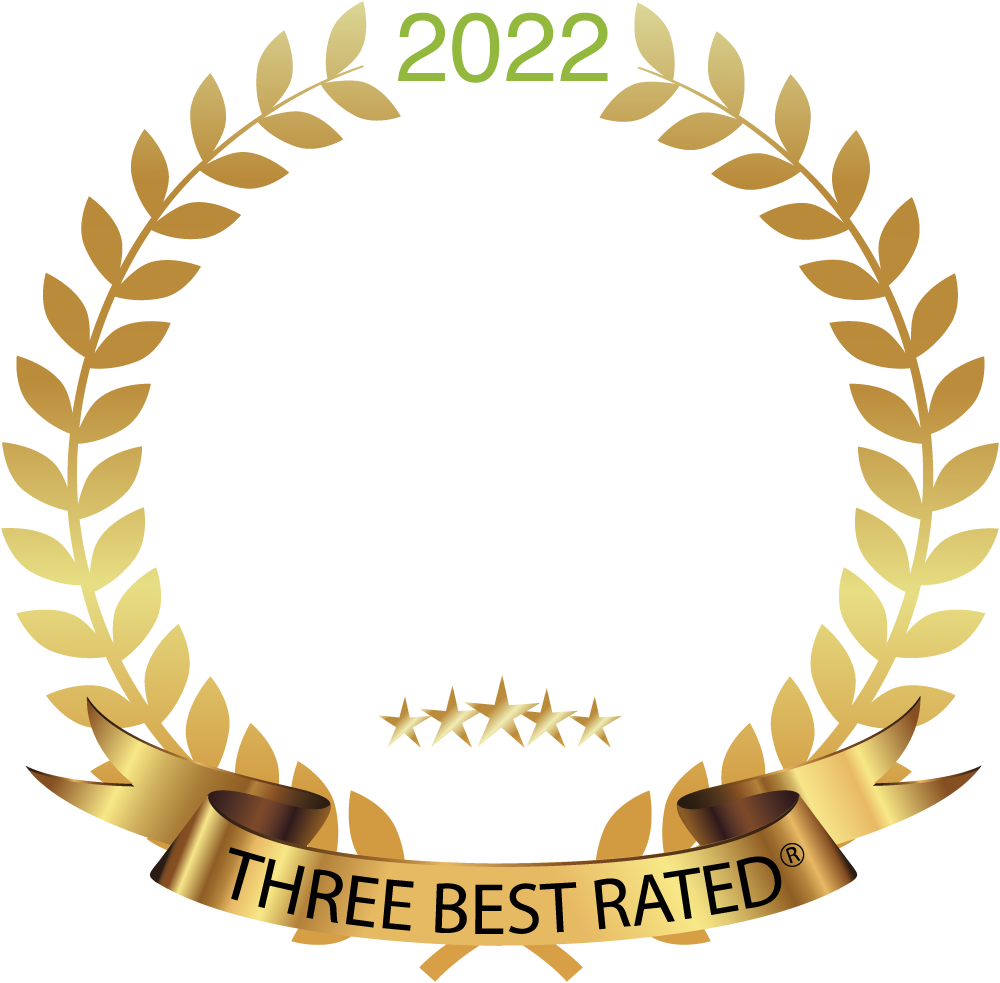Manual Therapy.
Manual therapy, or manipulative therapy, is a physical treatment primarily used by Physiotherapists to treat musculoskeletal pain and disability; it mostly includes kneading and manipulation of muscles, joint mobilization and joint manipulation. Physiotherapists graduate with basic skills in manual therapy and continue to improve their clinical outcomes skills through various continuing education options.
Michelle Gibson has completed her Doctor of Manual Therapy and hence, this is one of the many keystone mechanisms of her practice related to musculoskeletal conditions.
Intramuscular Stimulation.
Intramuscular stimulation (IMS) is a comprehensive technique that Physiotherapists, who have completed IMS certification, use for the diagnosis and treatment of myofascial pain.
The goal of this treatment is torelease or lengthen muscles that are causing chronic musculoskeletal or neuropathic pain. Super-sensitive areas can be desensitized and the persistent pull of shortened muscles can be released. In effect, IMS has a remarkable success rate, as proven by the amelioration of symptoms and signs, even for chronic back pain with root signs.
Modalities.
In addition to therapeutic exercise, manual therapy and other common treatment methods, Rehabilitation Specialists use a variety of modalities to reduce pain, facilitate healing and restore function.
Our Therapists are trained to use modalities such as Ultrasound, Laser, TENS, IFC and Spinal Decompression.
Clinical Pilates.
We are excited to offer you a new post-injury rehabilitation solution through a new program of Clinical Pilates .
Pilates is not just about “the core” but is all about the core and mind-body connection. Using a variety of equipment that is often spring-loaded, the exercises are low impact in nature, making them safe for most joints throughout the healing process from injury. Pilates is designed to build strength, endurance, body awareness, balance and good posture. It improves flexibility, joint mobility and breathing control. Exercise quality is the focus rather than quantity. And, as you will discover, sometimes the lighter the resistance, the more challenging the exercise!
Vestibular rehabilitation.
BPPV (Benign Paroxysmal Positional Vertigo) is a common cause of vertigo (the sudden sensation that you’re spinning or that the inside of your head is spinning). The most common complaint of those with BPPV is vertigo brought on by positional changes such as lying down to sleep, rolling in bed, bending forward to tie shoelaces or even looking up. BPPV happens when crystals in the inner ear are ‘out of place’ and travelling through the canals. The causes of BPPV include head trauma, specific trauma to the vestibular apparatus (such as inner ear infection), or insidiously. Now, the good news … BPPV is treatable in 1 – 3 sessions with a simple manoeuver that is designed by a specialty-trained Vestibular Physiotherapist, that will improve your balance and reduce problems related to dizziness.
GLA:D.
Concussion Management.
Moves You is proud to offer the Complete Concussions Program at our clinic.
As a certified Complete Concussions location we provide a full evidence-based concussion management program including everything from pre-season baseline testing to concussion treatment and rehabilitation, helping our patients and athletes safely return to learn, work and play.
Contact.
Port Coquitlam Address:
1465 Salisbury Ave #220, Port Coquitlam, BC V3B 6J3, Canada
Opening hours:
Mon: 8:00 am – 7:00 pm
Tue: 8:00 am – 7:00 pm
Wed: 8:00 am – 7:00 pm
Thur: 8:00 am – 7:00 pm
Fri: 9:00 am – 7:00 pm
Sat: 9:00 am – 3:00 pm
Coquitlam Address:
1465 Salisbury Ave #220, Port Coquitlam, BC V3B 6J3, Canada
Opening hours:
Mon: 8:00 am – 7:00 pm
Tue: 8:00 am – 7:00 pm
Wed: 8:00 am – 7:00 pm
Thur: 8:00 am – 7:00 pm
Fri: 9:00 am – 7:00 pm
Sat: 9:00 am – 3:00 pm









